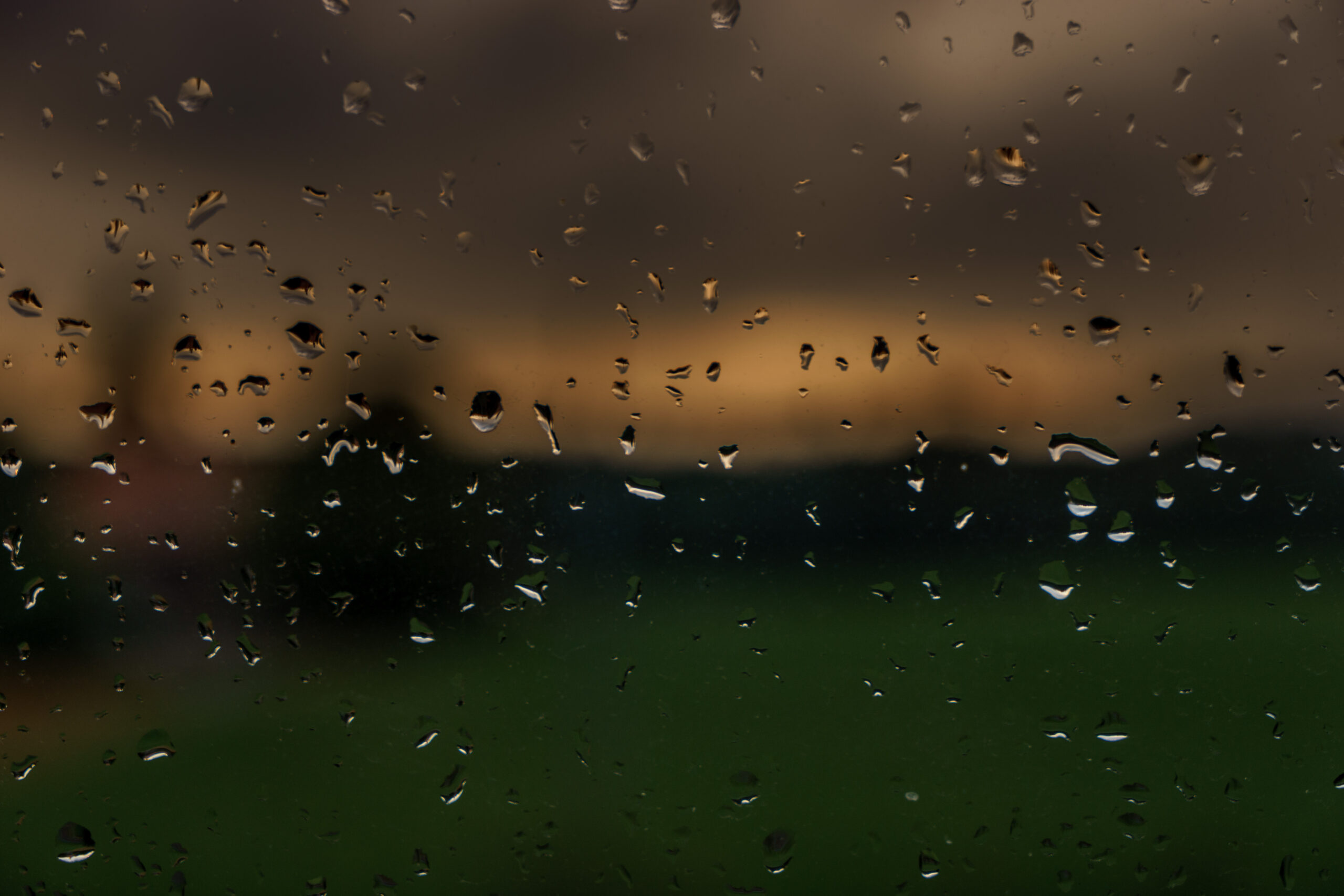Story by MARIO MARTZ
Translated from the Spanish by NINA PERROTTA
Story appears in both English and Spanish
Translator’s Note
One of the first things that struck me about this short story by Mario Martz—and one that I kept in mind as I translated—was the question implicit in the title. Who is the Wangs’ other child?
It seems fairly obvious that the main child, the one who stands in opposition to the titular “other child,” is Mei, the Wangs’ twenty-something daughter, who disappeared while visiting Central America. Mei’s likely murder is what sets the story in motion, prompting the Wangs to move halfway across the world to a country that’s entirely foreign to them.










 Dakota Crescent, Singapore
Dakota Crescent, Singapore
